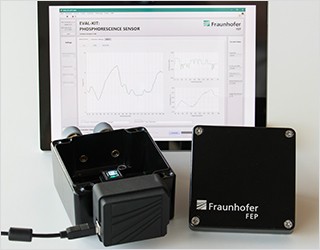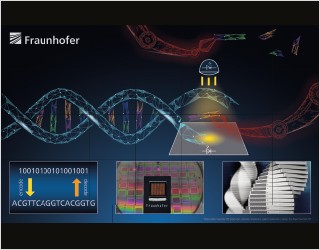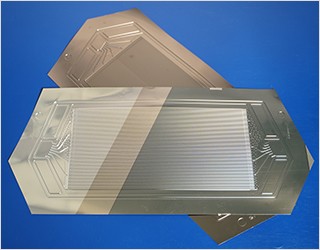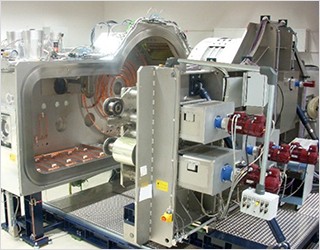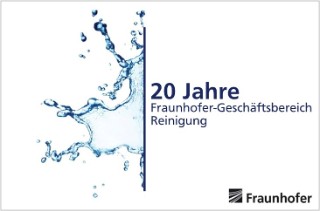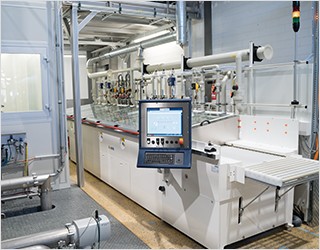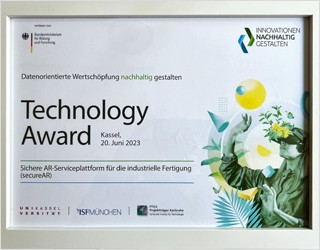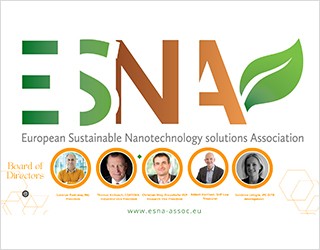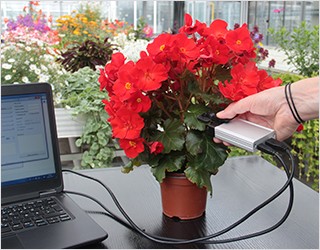
Conservation of resources and reliable yields are just as essential in plant cultivation as in other branches of agriculture. In order to optimize fertilization processes in ornamental plant cultivation in the future and thus protect the environment, researchers at the Fraunhofer Institute for Organic Electronics, Electron Beam and Plasma Technology FEP together with the Saxon State Office for Environment, Agriculture and Geology (LfULG) have been researching a technology for the early detection of nutrient deficiencies or surpluses in ornamental plants in the ZierSens project (financed by funds from the Free State of Saxony). The use of bidirectional OLED microdisplays in combination with neural networks should make it possible to optimize fertilization processes in the future. Initial results will be presented at the W3+ Fair in Jena from November 29 - 30, 2023, at booth no. C12.
more info Fraunhofer Institute for Electron Beam
Fraunhofer Institute for Electron Beam